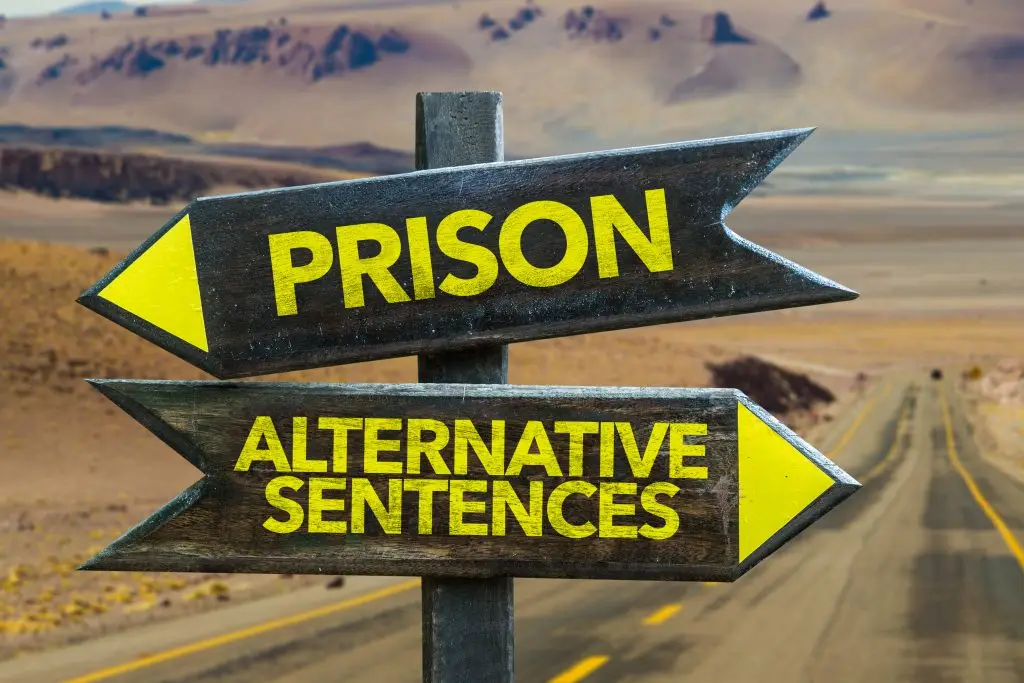– Bruce Lee
Net-widening refers to a situation in criminal justice or social policy where the implementation of a new program or intervention intended to divert individuals from traditional legal pathways actually results in a broader group of people becoming involved in the system. The term suggests that instead of narrowing the focus and targeting the intended population, the program or intervention inadvertently expands its reach.
Net-widening can have unintended consequences, such as increasing the overall caseload within the system or subjecting individuals to interventions that may not be necessary or beneficial for their particular situations. It underscores the importance of carefully designing and implementing policies to ensure they effectively target the intended population without unintentionally expanding the scope of the intervention.

Net-widening refers to a situation in criminal justice or social policy where the implementation of a new program or intervention intended to divert individuals from traditional legal pathways actually results in a broader group of people becoming involved in the system. The term suggests that instead of narrowing the focus and targeting the intended population, the program or intervention inadvertently expands its reach. Net-widening can have unintended consequences, such as increasing the overall caseload within the system or subjecting individuals to interventions that may not be necessary or beneficial for their particular situations. It underscores the importance of carefully designing and implementing policies to ensure they effectively target the intended population without unintentionally expanding the scope of the intervention.
The European Rules on Detention Houses (ERDH) is a milestone document for the criminal justice system and reflects the larger impact of this system on society. Drafted by representatives with different legal and cultural backgrounds from all regions of Europe, the ERDH were launched on October 31st as common standards to implement small-scale, differentiated and community-integrated detention houses in the European Union, as part of a pivotal change already happening in criminal justice systems across Europe. The ERDH set out the ecosystem of a detention house on its own and as part of, and within a community and society, emphasizing sustainability. As the European Prison Rules have been common standards for large-scale prison institutions, the European Rules on Detention Houses shall form essential standards for detention houses, in order to guarantee a way of liberty deprivation that is humane and more fit for the 21stcentury.
The European Rules on Detention Houses (ERDH) is a milestone document for the criminal justice system and reflects the larger impact of this system on society. Drafted by representatives with different legal and cultural backgrounds from all regions of Europe, the ERDH were launched on October 31st as common standards to implement small-scale, differentiated and community-integrated detention houses in the European Union, as part of a pivotal change already happening in criminal justice systems across Europe. The ERDH set out the ecosystem of a detention house on its own and as part of, and within a community and society, emphasizing sustainability. As the European Prison Rules have been common standards for large-scale prison institutions, the European Rules on Detention Houses shall form essential standards for detention houses, in order to guarantee a way of liberty deprivation that is humane and more fit for the 21stcentury.
Together, we want to create a space where everyone can feel accepted and respected – regardless of gender identity, skin colour, religion, ethnicity or ability. We assume that all participants come to our events with the best intentions and treat each other with respect.